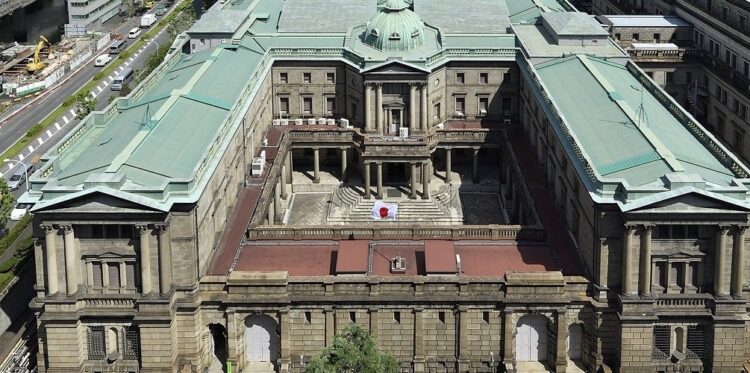Tokyo: The Japanese government on Friday formally appointed economist Kazuo Ueda as the new Bank of Japan (BOJ) Governor, marking the first change to the central bank’s leadership in 10 years.
The 71-year-old, a former BOJ policy board member who was endorsed by Parliament on March 10, will succeed Haruhiko Kuroda whose 10-year tenure will end on April 8, reports Xinhua news agency.
Ueda, who will take the helm at the central bank for five years, will be charged with guiding its policy to achieve the bank’s long-held target of achieving a 2 per cent inflation target in a stable manner.
Ueda, who was instrumental in introducing the BOJ’s zero interest rate policy and quantitative easing measures, has indicated he plans to stick to the central bank’s massive monetary easing program to underpin the country’s largely stagnant economy, despite the program being heavily criticized for requiring massive purchases of government bonds.
The Shizuoka prefecture-born academic who earned his doctorate from the Massachusetts Institute of Technology, has said he believes that current inflationary pressure is predominantly “cost-push” and is down to rising import prices.
He has said that the cost-push factors are temporary and would eventually give way, with inflation here dropping below the 2 per cent mark later this year.
The former Kyoritsu Women’s University professor’s beliefs, however, run contrary to the view of US Federal Reserve Chairman Jerome Powell, who has advocated for larger and faster interest rate hikes owing to persistently high inflation.
Ueda will be joined by two new BOJ deputy governors, Ryozo Himino, a former commissioner of the Financial Services Agency, and Shinichi Uchida, an executive director at the central bank, who were previously endorsed by Parliament.
(IANS)














